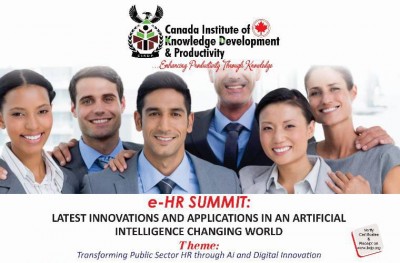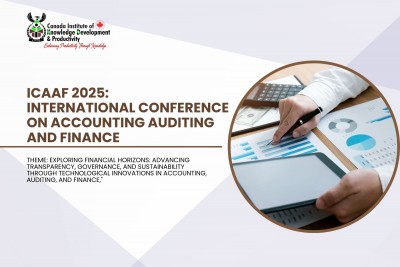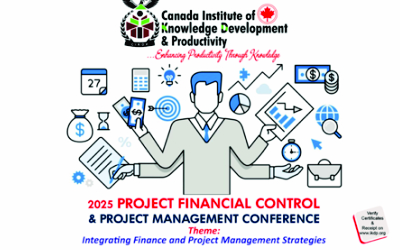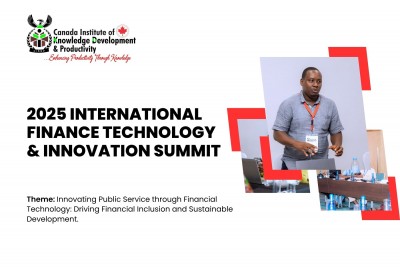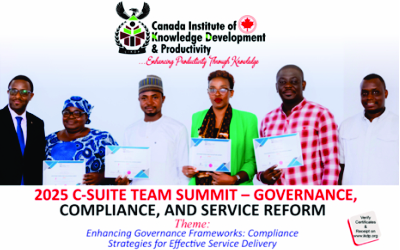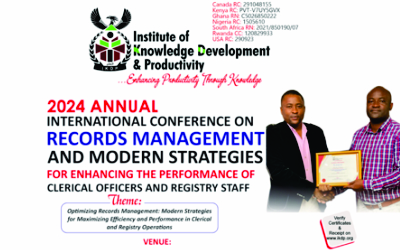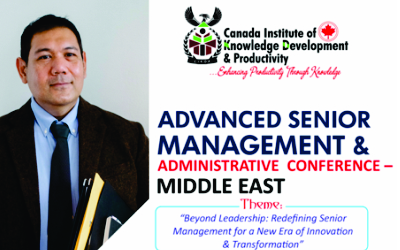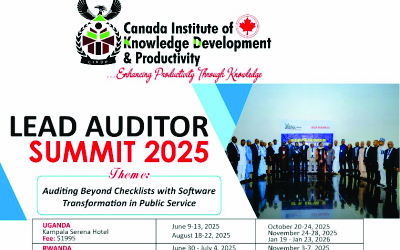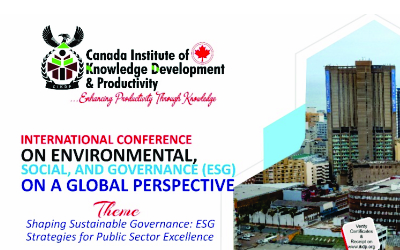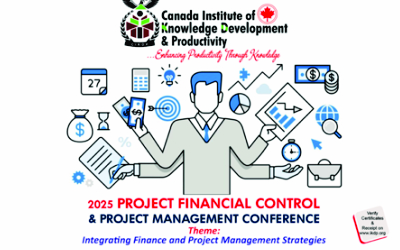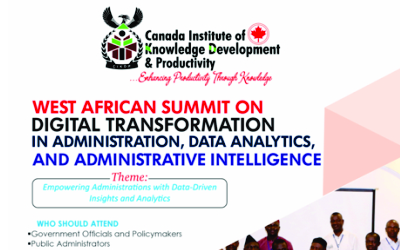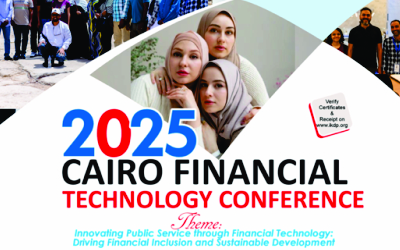THE SUMMIT
In an era defined by artificial intelligence, automation, and digital transformation, the field of Human Resources is undergoing a radical evolution. Traditional HR functions are being reshaped by emerging technologies that enable faster decision-making, predictive workforce analytics, virtual collaboration, and enhanced employee engagement. The public service sector, in particular, must adapt rapidly to remain efficient, responsive, and future-ready.
The e-HR Summit: Latest Innovations and Applications in an Artificial Intelligence Changing World, themed “Transforming Public Sector HR through Ai and Digital Innovation”, is designed to equip HR leaders, policymakers, and public administrators with the insights and tools needed to transform workforce management in a digitally driven landscape.
This summit will explore how AI, cloud computing, robotic process automation, and data analytics are redefining talent acquisition, performance management, training, and employee experience. Participants will engage with global best practices, innovative HR technologies, and actionable strategies to build agile, tech-enabled HR systems that support high-performing public institutions.
Join us as we navigate the future of human resources where technology and people strategy converge to drive innovation, inclusivity, and service excellence in the public sector.
By the end of this summit, participants will be able to:
§ apply Ai-powered tools to streamline recruitment, onboarding, and talent acquisition processes in public service;
§ utilize predictive analytics and workforce data to inform HR decisions and anticipate staffing needs;
§ implement digital HR platforms for performance management, employee engagement, and records automation;
§ enhance learning and development programs through virtual training and Ai-driven skill assessments;
§ strengthen employee experience strategies using real-time feedback and digital engagement tools;
§ ensure data privacy and ethical use of HR technology in line with public sector governance standards;
§ drive HR digital transformation initiatives aligned with institutional goals and future-of-work trends; and
§ collaborate across departments to build a culture of innovation, inclusivity, and continuous improvement.
WHO SHOULD ATTEND
§ Human Resource Directors and Managers
§ Public Sector HR Officers
§ Public Administration Executives
§ Chief Human Capital Officers (CHCOs)
§ Directors of Learning and Development
§ Organizational Development Specialists
§ Digital Transformation Officers in HR
§ HR Data Analysts and Workforce Planners
§ IT Managers supporting HR systems
§
Government Officials overseeing civil service reform
§ Change Management Professionals in HR

Summit Content Modules
Module 1: Foundations of e-HR in the Digital Age
· Introduction to e-HR and its evolution in public service
· Key drivers of digital HR transformation
· Shifting from manual to smart, cloud-based HR systems
· HR strategy alignment with organizational goals
Module 2: Artificial Intelligence in Human Capital Management
· AI-powered recruitment and applicant tracking systems
· Chatbots and virtual assistants in HR service delivery
· Automating onboarding and employee lifecycle management
· Case studies of AI implementation in public sector HR
Module 3: Data Analytics and Predictive Workforce Planning
· Using HR analytics to forecast talent needs and trends
· Performance metrics and decision-making dashboards
· Leveraging data for diversity, equity, and inclusion (DEI)
· Real-world applications of predictive HR models
Module 4: Digital Learning & Development Systems
· e-Learning platforms and virtual training strategies
· AI-driven personalized learning paths and skills assessments
· Developing digital competencies in the public workforce
· Measuring the ROI of digital training initiatives
Module 5: Enhancing Employee Experience through Technology
· Building employee engagement through digital channels
· Real-time feedback and sentiment analysis tools
· Managing remote and hybrid workforce challenges
· Designing inclusive digital work environments
Module 6: Ethical, Legal, and Governance Aspects of e-HR
· Data privacy, protection, and cybersecurity in HR tech
· Ethical use of AI in employee evaluation and decision-making
· Compliance with labor laws and digital recordkeeping standards
· Governance frameworks for responsible HR digitalization
Module 7: Leading Digital HR Transformation
· Change management in HR modernization
· Building internal capacity and digital leadership in HR teams
· Communicating transformation strategy across departments
· Roadmapping e-HR innovation for long-term impact
Module 8: Strategy Lab & Action Planning
· Collaborative group work and peer-to-peer learning
· Drafting digital transformation roadmaps tailored to each institution
· Identifying local implementation challenges and solutions
· Presentation of action plans and expert feedback
What will i learn?
- Apply Ai-powered tools to streamline recruitment, onboarding, and talent acquisition processes in public service;
- Utilize predictive analytics and workforce data to inform HR decisions and anticipate staffing needs;
- Implement digital HR platforms for performance management, employee engagement, and records automation;
- Enhance learning and development programs through virtual training and Ai-driven skill assessments;
- Strengthen employee experience strategies using real-time feedback and digital engagement tools;
Frequently asked question
Available dates
- June 30 - July 4, 2026. August 18-22, 2026 September 1-5, 2026 November 17-21, 2026 December 15-19, 2026 January 12-16, 2027
